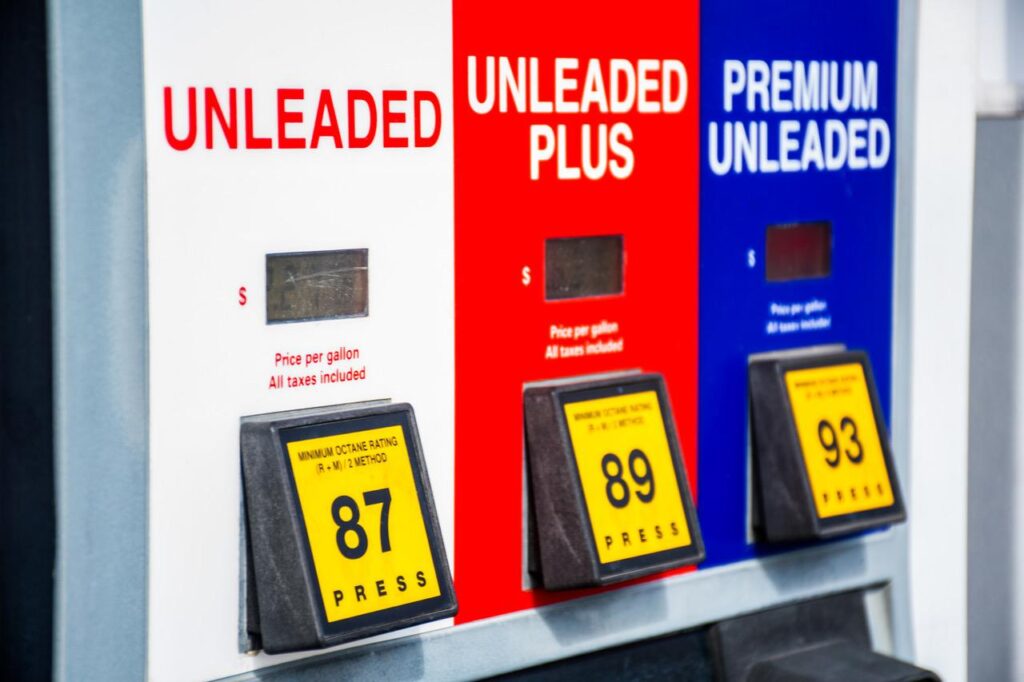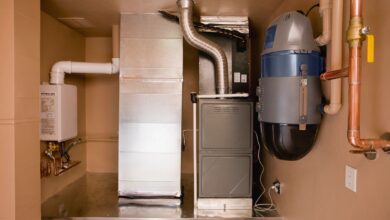
By Antonio Ray Harvey | California Black Media

After a 12-hour public comment period and debate, the California Air Resources Board (CARB) approved updates to the Low Carbon Fuel Standard (LCFS) with a 12-2 vote, ensuring its ambitious commitment to reaching zero-emission goals for the transportation sector by 2045.
The meeting took place at Haagen-Smit Auditorium in Riverside. The approval of the fuel standards is expected to trigger an increase in gas prices in the state, but board members are uncertain how much more Californians would have to pay at the pump.
“The proposal approved today strikes a balance between reducing the environmental and health impacts of transportation fuel used in California and ensuring that low-carbon options are available as the state continues to work toward a zero-emissions future,” said CARB Chair Liane Randolph.
CARB board members serve as the air quality regulators for the state aligned with climate change programs, and they oversee all air pollution control efforts in California. From requirements for clean vehicles and fuels to promoting solutions to reduce greenhouse gas emissions, CARB creates standards for effective air and climate programs.
The amendments of LCFS are directed to decrease the carbon intensity of California’s transportation fuel pool by 30% by 2030 and by 90% by 2045, according to CARB. The provisions also expand support for zero-emissions infrastructure, including for medium- and heavy-duty vehicles, and make more public transit agencies eligible to generate credits.
According to CARB staff, the LCFS program is designed to reduce air pollution and greenhouse gas emissions by “setting a declining carbon intensity target for transportation fuels” used in the state.
The modifications to LCFS arrived after Gov. Gavin Newsom signed legislation legislation to help prevent gas price spikes.
Assemblymember Reggie Jones-Sawyer (D-Los Angeles), a member of the California Legislative Black Caucus (CLBC), voted for the Newsom-backed measure to protect consumers from gas prices spikes, but during the special session he said many people of color in his South Los Angeles district were struggling with high gas prices and were looking for relief.
“I am hoping that in this legislation that we do have the teeth to ensure that people in South Los Angeles will be protected,” Jones-Sawyer said. The lawmaker is termed out of office in December.
CLBC members Sen. Lola Smallwood-Cuevas (D-Los Angeles) and Assemblymembers Chris Holden (D-Pasadena) and and Corey Jackson (D-Moreno Valley) attended the governor’s signing event of Assembly Bill (AB) ABX2-1 at the State Capitol in October.
“The state has the tools to make sure they backfill supplies and plan ahead for maintenance so there aren’t shortages that drive up prices,” Newsom said in an Oct. 14 written statement.
Senate Minority Leader Brian Dahle (R-Bieber) expressed his concerns about the vote. In a written statement released after the meeting, he indicated that California residents could see gas prices upwards of 65 cents per gallon.
Dahle referred to the governor’s extended session as “Special Session Stunt 2.0.”
“(The) decision by CARB will not only make it more expensive for families, but also disproportionately affect residents in rural communities in my district who must travel long distances for groceries, healthcare, etc.,” Dahle stated. “Californians shouldn’t have to forfeit taking their family out to dinner in order to afford putting gas in the car just to get to work.”
In October, California Legislative Republicans (CLR) sent a five-page letter to Randolph estimating that the change could lift gasoline prices 47 cents a gallon, or $6.4 billion a year.
The letter was signed off by 25 Republicans in the California Legislature, including Dahle.
“A separate study placed the pump cost much higher – 65 cents a gallon. Now the air board has backed off its 47-cent price hike estimate. And it refuses to offer a revised forecast,” the Oct. 15 document stated.
At present, the LCFS program currently limits the “pass-through costs companies can shift to consumers,” according to CARB. This action is done by putting a lid on the price of credits that are high-carbon-intensity fuel-producing.
CARB shared that information provided by third-party product experts explains the current LCFS pass-through to Californians is $0.10 per gallon of gasoline.
The data, according to CARB, is in line with the self-reported data by high-carbon-intensity fuel producers, which reflects an LCFS cost pass-through to consumers of $0.08 to $0.10 per gallon of gasoline.
“(The board’s) approval increases consumer options beyond petroleum, provides a roadmap for cleaner air, and leverages private sector investment and federal incentives to spur innovation to address climate change and pollution,” Randolph stated.




